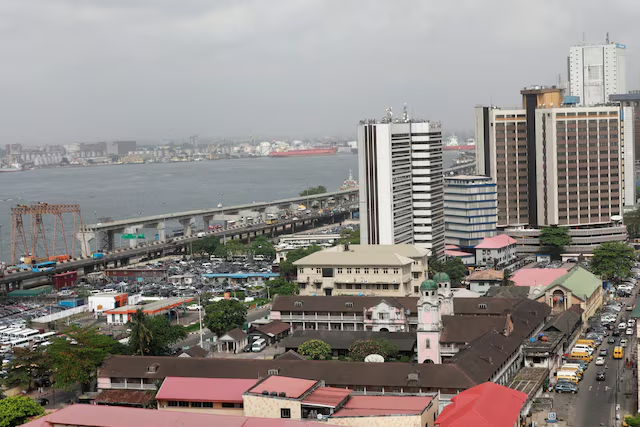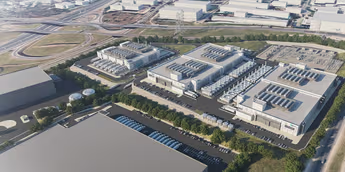Nigeria Pushes to Make Gas a National Fuel: Ambitions, Progress, and Challenges

By Erewunmi Peace
The Federal Government of Nigeria is intensifying efforts to make natural gas the country’s primary fuel source, as part of a national energy transition plan aimed at reducing reliance on petrol, diesel, and firewood.
Through policies like the Decade of Gas Initiative and the Presidential CNG Programme, the government envisions a future where gas powers homes, vehicles, and industries across Nigeria. Officials describe the shift as moving the nation “from firewood to fuel injection.”
The Nigerian National Petroleum Company (NNPC) Limited has begun expanding Compressed Natural Gas (CNG) stations nationwide, while car manufacturers such as Innoson Vehicle Manufacturing (IVM) are investing in gas-powered vehicle production. The goal is to make gas cheaper, cleaner, and more accessible to everyday Nigerians.
However, experts warn that Nigeria’s gas transformation is still in its early stages. Challenges such as poor infrastructure, high conversion costs, limited refueling stations, and low public awareness continue to slow progress. The Nigerian Midstream and Downstream Petroleum Regulatory Authority (NMDPRA) says fewer than 50 operational CNG stations currently serve the entire country — far below what’s needed for nationwide adoption.
Despite the hurdles, the government maintains that gas remains central to Nigeria’s energy future. Energy analysts agree that if implemented effectively, the transition could boost economic growth, reduce carbon emissions, and create thousands of technical and industrial jobs.











































































































































































































































































































































































































































































































































































































































































































































































































































































































































































































































































































































































































































































































































































































































































































































































































































































































